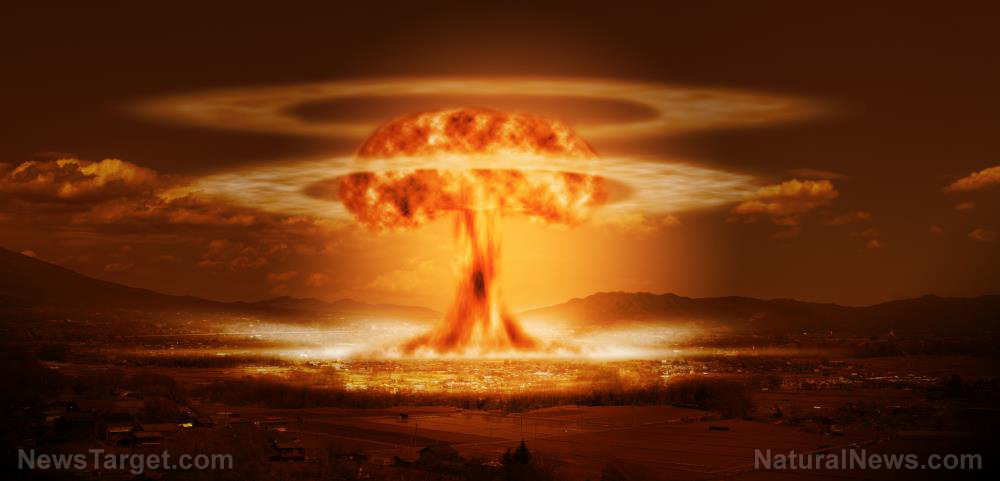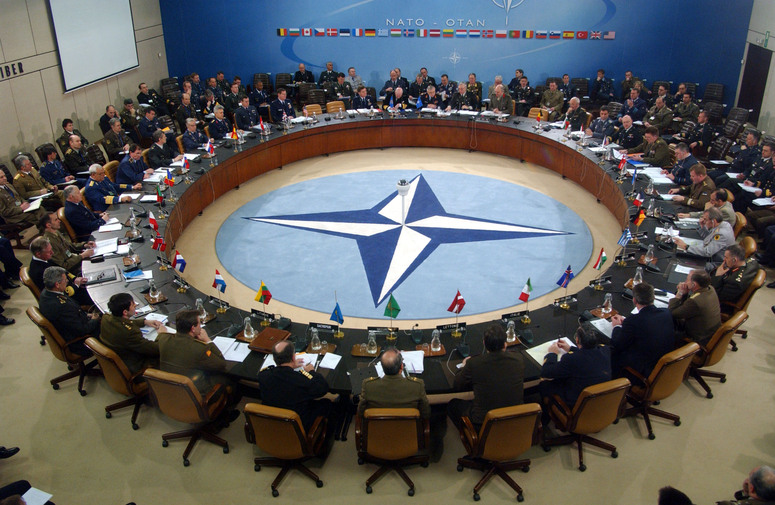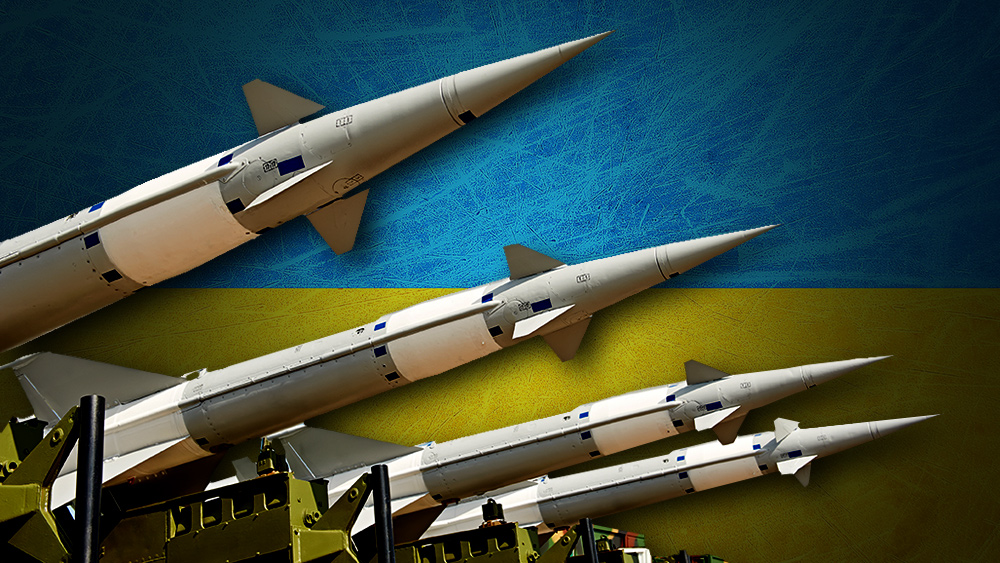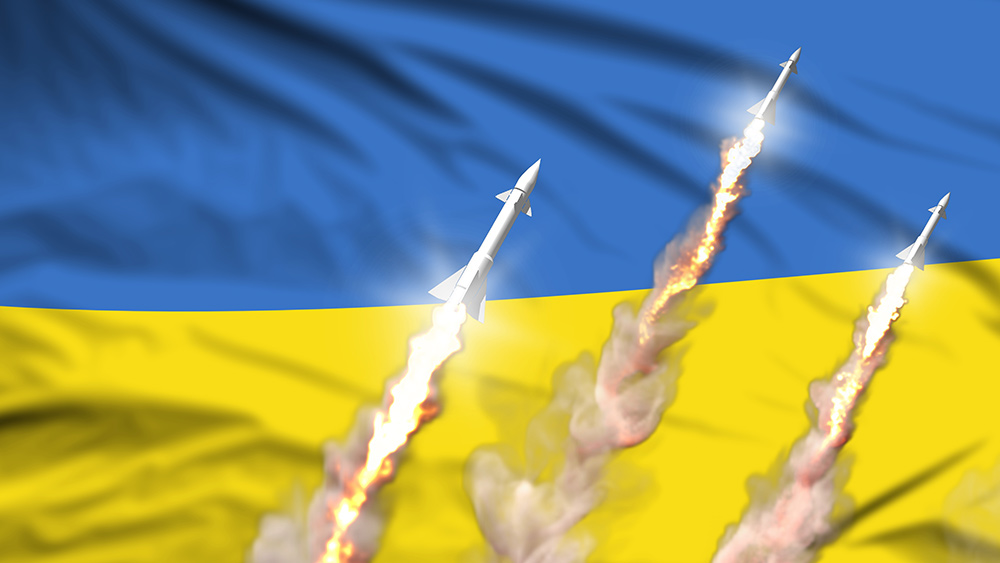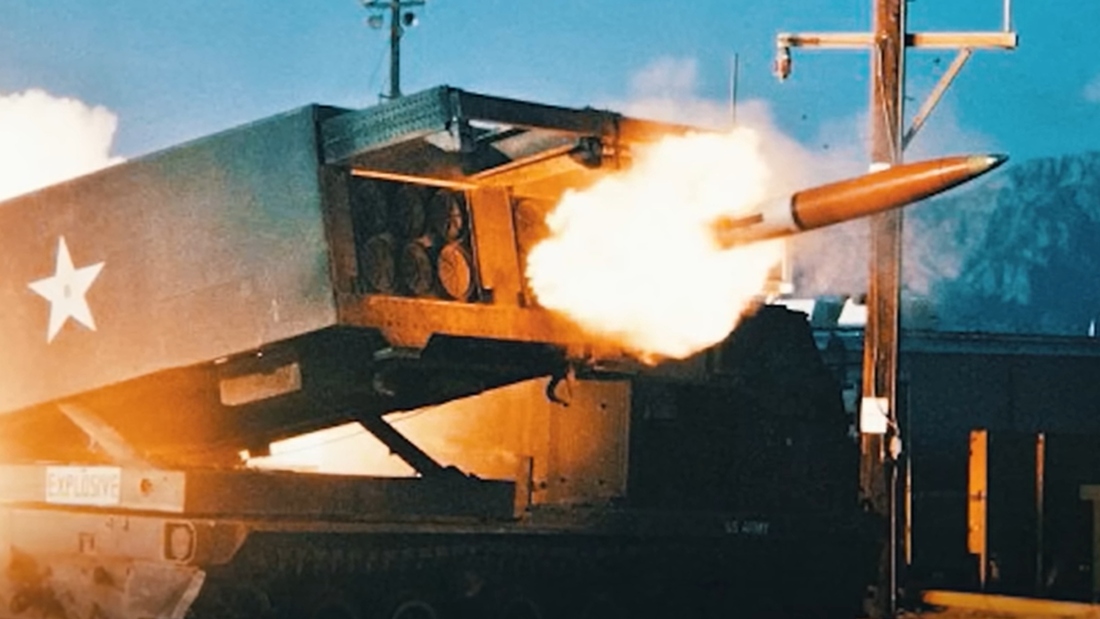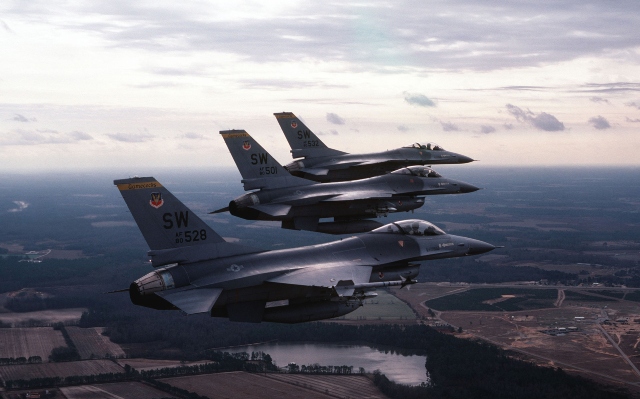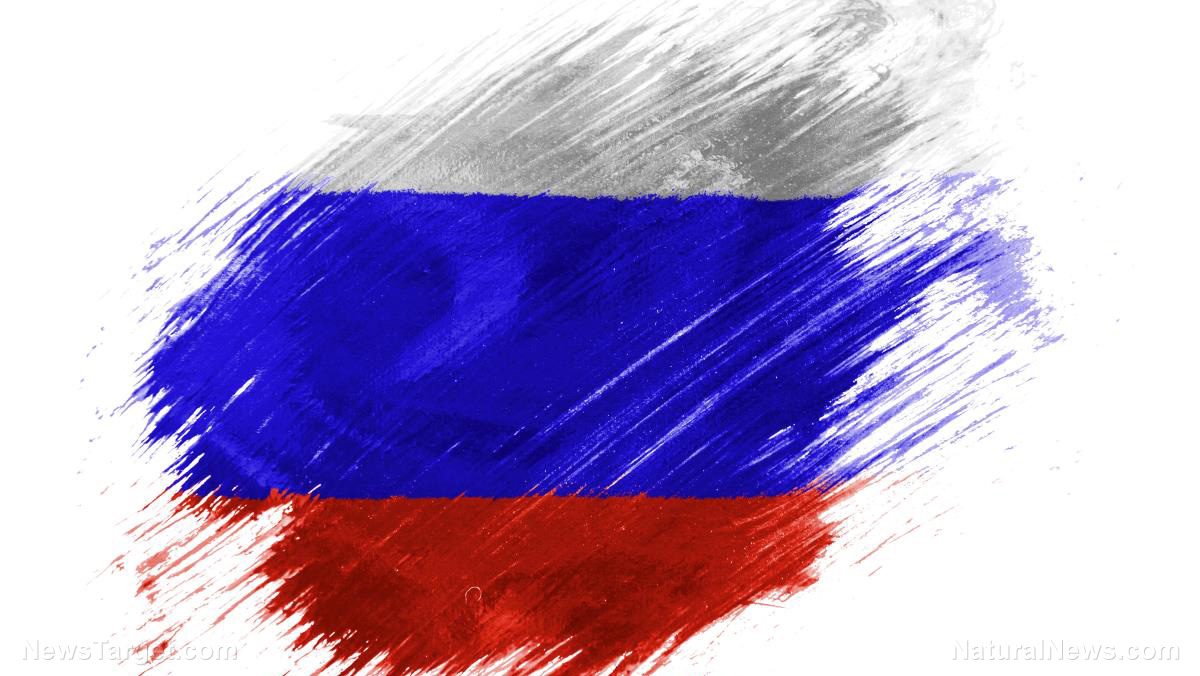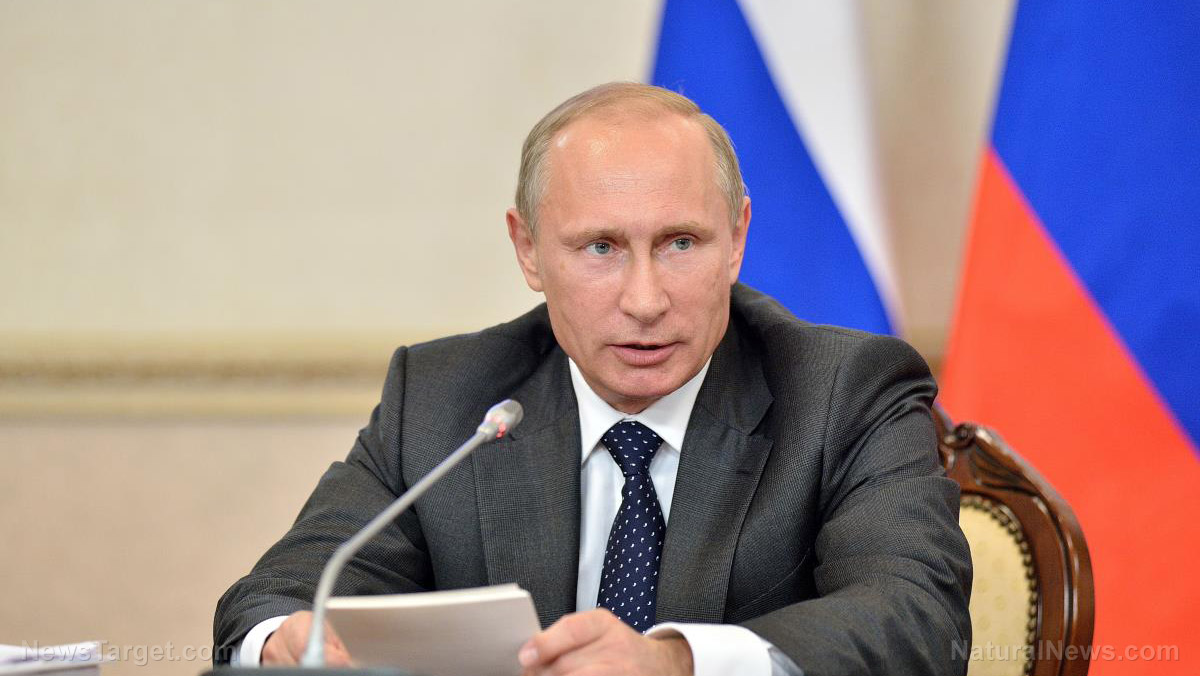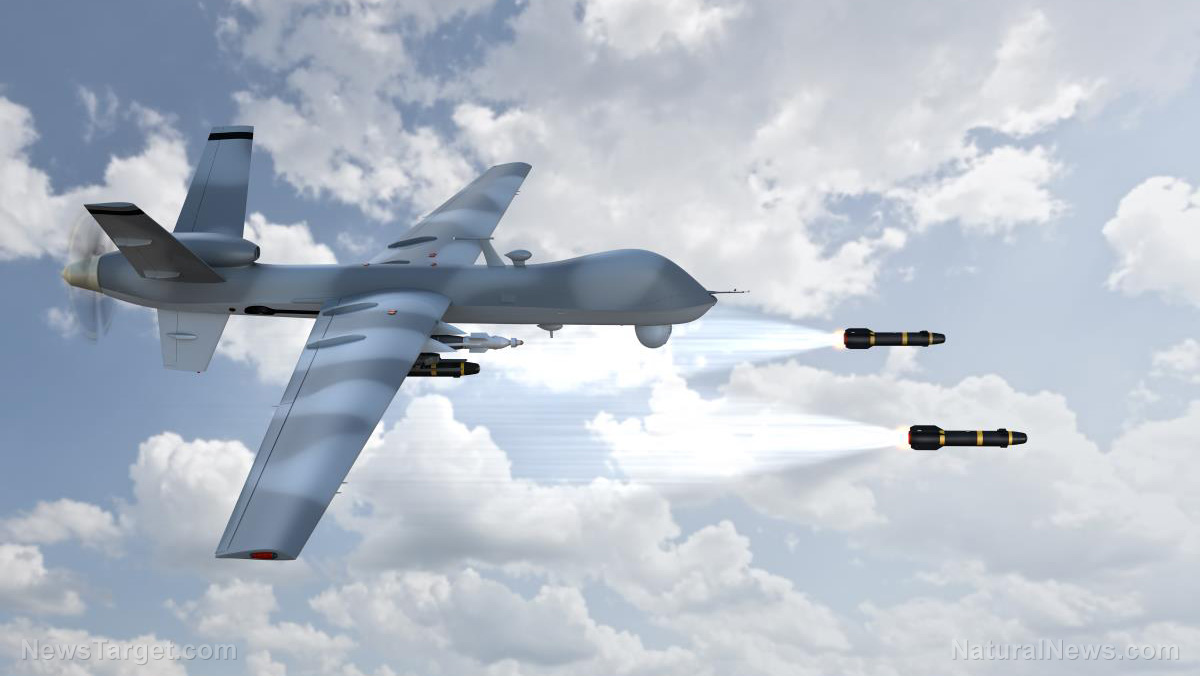Ukraine incursion into Kursk marks the first time a nuclear power like Russia faces an invasion by another country
09/15/2024 / By Zoey Sky

Ukraine’s raid on Kursk marks the first time that a known nuclear power has faced invasion and occupation by another country.
For many years, nuclear-escalation theory has believed that countries with atomic weapons were mostly exempt from attack because an aggressor could trigger another world war. Even relatively small states like Iran, Israel, Libya and North Korea have pursued nuclear arms to help discourage attacks by their larger and better-armed adversaries.
The threat of annihilation has usually protected nuclear-armed countries from large-scale attacks. Even though Ukraine isn’t a nuclear power and is outgunned by Russia, it now controls at least 500 square miles of Russian territory.
Western leaders, military thinkers and nuclear theorists are currently worried about what these tense current events mean for prospects of Russian escalation, along with the future of war gaming. Theoretical risk now calls for a real-world test, at the same time forcing a review of the role nuclear weapons can play in deterrence. (Related: Lukashenko: Government in Kyiv is OUT OF TOUCH with the Ukrainian people.)
According to Russia’s published nuclear doctrine, Moscow would only use atomic weapons if the country’s sovereignty or territorial integrity were threatened. And while Ukraine occupies a chunk of Russian soil, neither side seems to consider the Kursk region strategically vital. This suggests that Ukraine’s unexpected attack, no matter how much it has humiliated the Kremlin, shows no sign of crossing a Russian red line.
However, both ambiguity and uncertainty are crucial to nuclear gamesmanship.
Nikolai Sokov, a former Soviet and Russian arms-control negotiator, explained that no one truly knows the Russian red line because the country has “never given any precision.” He also warned that because of this uncertainty, the world may suddenly find out that the red line has already been crossed, and face sudden retaliation from Russia.
Sokov, who currently briefs Western military leaders on Russian strategic thinking, also discussed one wild card: that the Kremlin and President Vladimir Putin seem to think of threats to his regime as sovereign threats to Russia.
As proof of events are affecting deterrence calculations, Russian Deputy Foreign Minister Sergei Ryabkov has announced that the Kremlin would adjust its nuclear doctrine based on an analysis of the war and the West’s role, confirming a pledge Putin has made several times.
Ukraine’s takeover of Kursk suggests that another taboo can be broken without repercussions. The invasion also shows that Ukraine is still trying to convince the White House that it should be allowed to use more lethal and precise U.S. weapons to attack Russia.
However, many Western officials are still wary because Putin is unpredictable.
Janice Gross Stein, a professor of conflict management at the University of Toronto, said that this uncertainty over where Russia’s red lines are is the “fundamental challenge of strategic ambiguity.” She added that testing limits and signaling through threats or pledges of restraint form what is considered a battle between “a strategy to manipulate uncertainty and a strategy to reduce uncertainty.”
Nuclear weapons have experts torn about being too cautious and not being cautious enough
In 1960, the theorist and economist Thomas Schelling codified the analysis in an influential collection of scholarly articles called “The Strategy of Conflict.” The articles presented an intellectual path for studying deterrence and escalation.
Nuclear theorizing produced impressive work from respected academics. For example, Schelling won a Nobel Prize in economics. Escalation theory was advanced by Nobel-winning economist John Nash’s research.
However, nuclear strategizing and determining an adversary’s red lines is still a risky game of predicting the actions of two warring parties.
Putin has often directly threatened to use nuclear weapons since launching his full-scale invasion of Ukraine in 2022. But a decade ago, Russia’s attack on Ukraine’s Crimean Peninsula reached a new level of post-Cold War aggression that resulted in escalation theorists going back to their research.
Several years ago, James Davis, a political science professor and chair of international relations at the University of St. Gallen in Switzerland, anticipated that nuclear decision-making was now an obscure academic field but was returning due to escalating international conflicts.
To address this, he started teaching courses on it, including one called “Fundamentals of Arms Control.” Davis is also now reviewing some long-held assumptions.
He warned that while experts have always considered nuclear weapons as only being used for deterrence, they didn’t really consider how “a nonnuclear power would invade a nuclear power.”
Experts are also concerned because it can be difficult to discuss the uncertainties of escalation theory outside the classroom and to the general public. Specialists have also shared that 75 years of successful deterrence doesn’t mean the approach can always deter nuclear war.
Go to UkraineWitness.com for more stories about Ukraine.
Watch this video about Ukraine being on high alert as it celebrates its 33rd independence day.
This video is from the TrendingNews channel on Brighteon.com.
More related stories:
Paladin founder Georgy Zakrevsky demands coup against Putin over “military failures” in Ukraine.
Ukrainian parliament approves law BANNING the country’s biggest Orthodox church.
EU nations reject Zelensky’s plea to repatriate fighting-age Ukrainian refugees.
Sources include:
Submit a correction >>
Tagged Under:
chaos, Cold War, collapse, invasion, Kursk, Kyiv, military, national security, nuclear power, nuclear weapons, resist, Russia, Russia-Ukraine war, Ukraine, Volodymyr Zelensky, war, world war, World War III, WWIII
This article may contain statements that reflect the opinion of the author
RECENT NEWS & ARTICLES
COPYRIGHT © 2022 UkraineWitness.com
All content posted on this site is protected under Free Speech. UkraineWitness.com is not responsible for content written by contributing authors. The information on this site is provided for educational and entertainment purposes only. It is not intended as a substitute for professional advice of any kind. UkraineWitness.com assumes no responsibility for the use or misuse of this material. All trademarks, registered trademarks and service marks mentioned on this site are the property of their respective owners.

